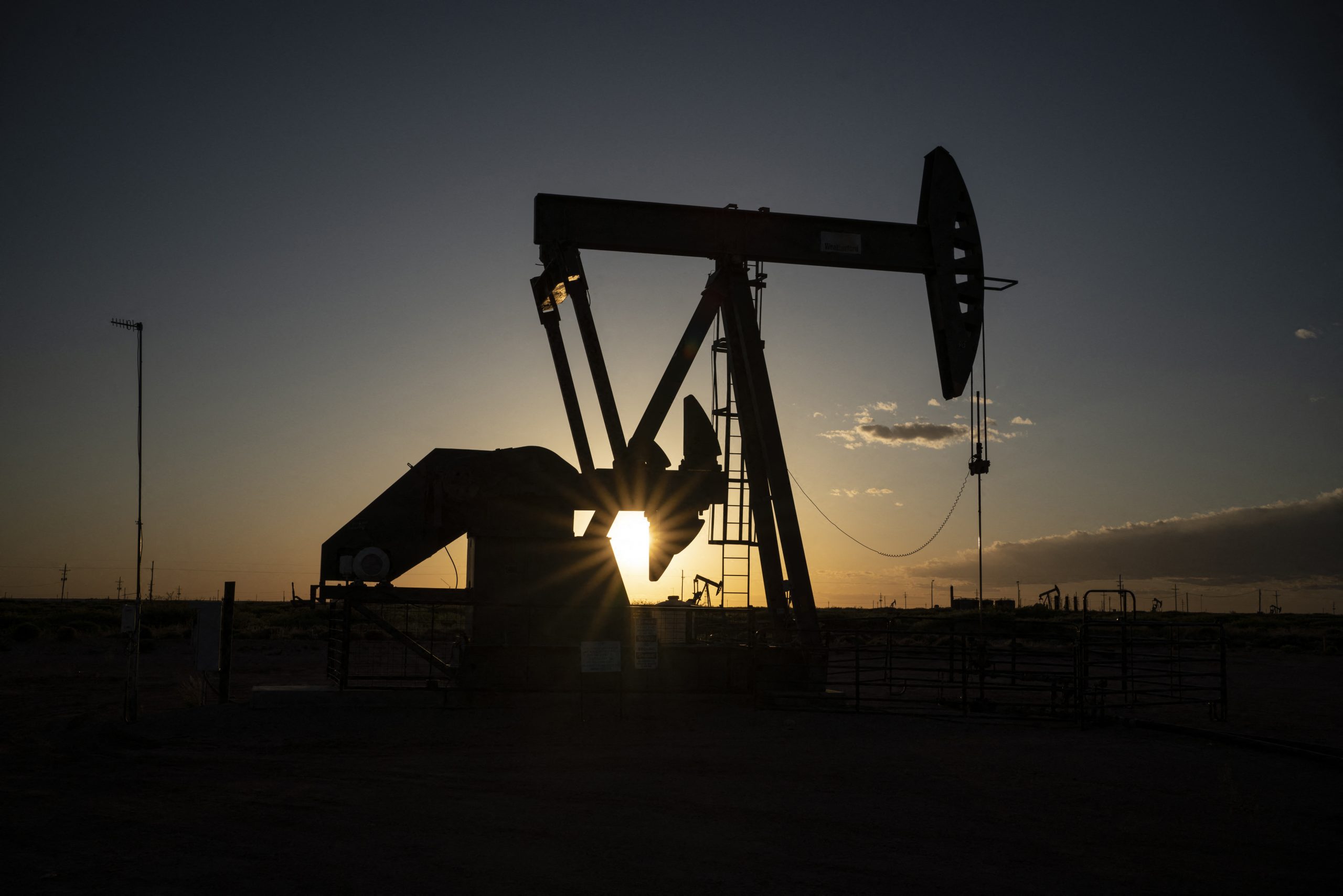
The Chairman, Board of Governors of the Organisation of the Petroleum Exporting Countries (OPEC), Ademola Adeyemi-Bero, has said Nigeria should be producing up to four million barrels of oil per day considering its reserves and resource base.
He made this known yesterday at the Heirs Energies’ Petroleum Industry Leadership Discourse in Abuja. He disclosed that those in OPEC believe Nigeria can do more than its current 1.5mbpd quota.
According to him, the country only needs to demonstrate capacity to raise its OPEC quota though raising oil production to 1.7mbpd in January was a good demonstration.
Adeyemi-Bero maintained that his duty is to work on how to raise Nigeria’s quota to 2.1mbpd.
The Minister of Petroleum Resources (Oil), Heineken Lokpobiri, assured Nigerians that achieving the projected 2.06mbpd in 2025 is feasible.
He stated that during the COVID-19 period, Nigeria produced 2.5 million barrels of oil per day. According to him, this was achievable because the situation in Nigeria has significantly changed. He noted that for over a decade, there were no major investments in the sector, but since his administration took over, they have worked to change the perception of Nigeria, attracting new investments.
He also emphasised the government’s commitment to improving security in the Niger Delta, commending the Nigerian military, paramilitary forces, and civilian contractors. He credited their combined efforts for reducing infractions on pipelines and minimizing vandalism in the system.
The oil minister expressed confidence that more investment will come to the sector.
He stressed that inefficiencies in the sector have been addressed, highlighting the deployment of technology to tackle challenges in the upstream sector. He noted that, in the past, operations were done manually, making it impossible to monitor activities at the terminals in real time, including the issuance of permits.
However, he assured that technology will now be utilised to curb corruption that has plagued the sector in the past, adding that there is also increased collaboration to enhance transparency and efficiency.
“Before now, a contract in the sector may take as long as three years, but when the President came he signed that it shouldn’t be more than six months. You want to agree with me that contracts below $10m is now within the exclusive power of the operators. We also discovered that most of the contracts that were delayed for two, or three years were below $10m. But the President’s executive orders have said anything below $10 should be within the powers of the operators,” he said.
The Chief Executive of the Nigerian Upstream Petroleum Regulatory Commission (NUPRC), Engr. Gbenga Komolafe, projected that Nigeria’s rig count, currently at around 38, is expected to reach approximately 50 by the end of March.
He stated that the Commission is closely monitoring the country’s active rigs, emphasizing that once the projected rig count is achieved, Nigeria will be on track to meet its 2.5 million barrels per day target.
Engr. Komolafe also noted that the industry has successfully added approximately 250,000 barrels, with current production levels at around 1.75 million barrels per day.
“But going forward, the Commission has a line of sight on how to get to our target production of 2.5 million barrels per day. And in doing that, we have identified the key initiatives to actually achieve that target. We’ve identified the candidate wells that needs to be reactivated, that needs to be reentered, Of course, we recognize that funding is key as part of the factors that need to be put in place. Part of what we’ve done, equally, is to facilitate a situation whereby the funders have been brought in. We set up a platform where all the key actors, the funders, the rig owners, all of them could interact together in that initiative,” he said.
Others on the panel are the Chief Executive of the Nigerian Upstream Petroleum Regulatory Commission, Gbenga Komolafe, the MD of Seplat, Roger Brown; and the Executive Vice President, Upstream, Nigerian National Petroleum Company Limited, Udobong Ntia.
While declaring the event open, the Chairman of Heirs Energies, Tony Elumelu, appreciated all attendees for honouring the invite.






